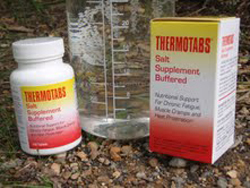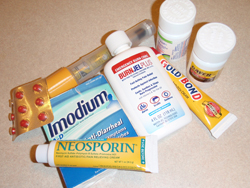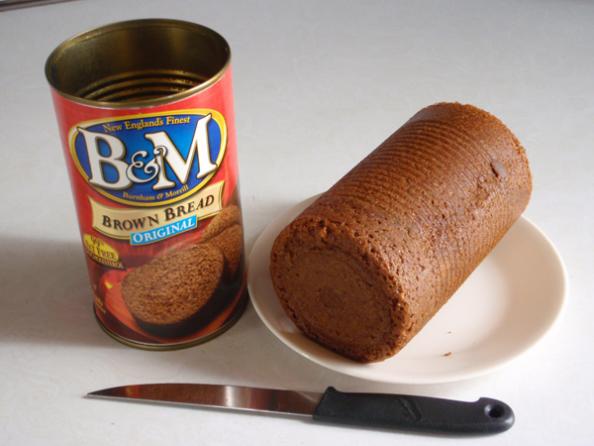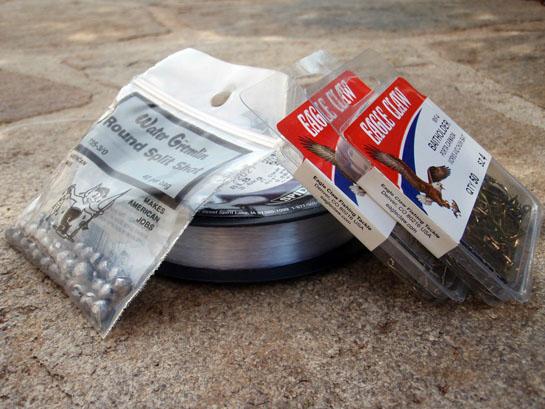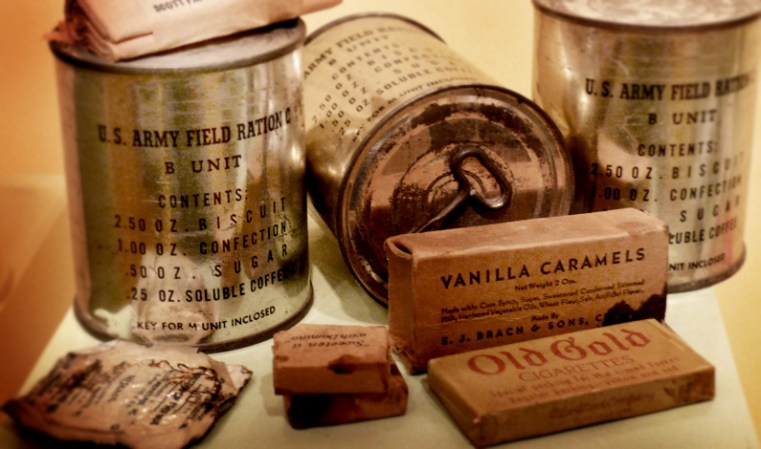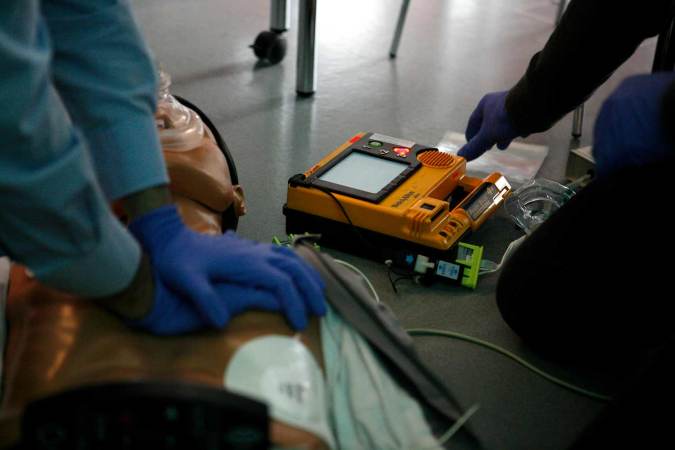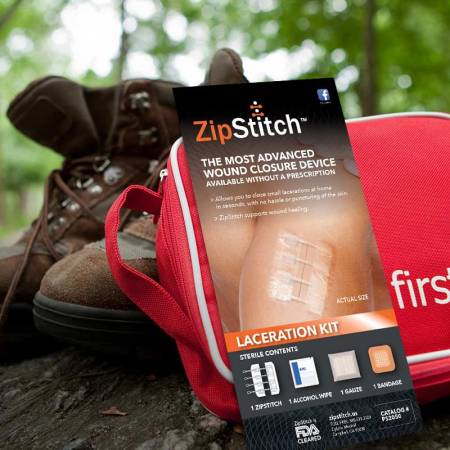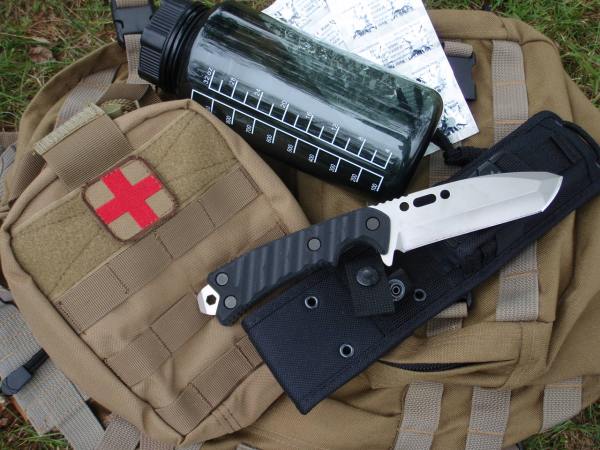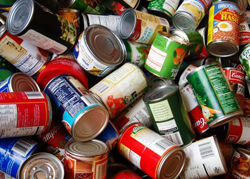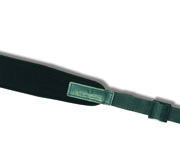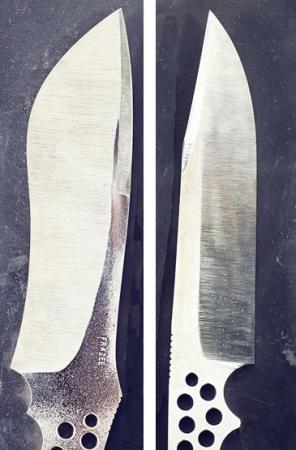We may earn revenue from the products available on this page and participate in affiliate programs. Learn More ›
There are plenty of off-the-wall survival items that can make or break an emergency, but few are as important in hot weather as rehydration salts.
This simple mixture of sodium chloride, potassium chloride, trisodium citrate and glucose won’t win any awards for taste, but the mix does give your body the nutrients that it desperately needs when you are suffering from dehydration. These salts can also be used in smaller doses to keep you going in hot climates and during intense work that causes significant sweating. In a way, you can think of these salts as a Gatorade concentrate, which can also be vital in cases of flu or dysentery, when you are losing fluid through vomit and diarrhea. What do these salts actually do for you?
The bottom line is that your body needs a certain level of electrolytes to function.
Electrolytes exist in the form of calcium, chloride, magnesium, phosphate, potassium, and sodium, which can be obtained from drinks, supplements and from your foods. When we lose water and salt through sweating, we need to get that balance restored. If not, our muscles begin to cramp and hurt. If this condition continues, it can disrupt the overall balance and functioning of the nerves and cardiovascular system, along with your muscles. Tablets called Thermotabs offer the benefits of rehydration salts with a small size and long shelf life, while Oral Rehydration Salts powder from Adventure Medical Kits offer quick absorption by mixing them in drinkable water.
Can you make your own Rehydration Salts?
Sure. One of the major complaints people have about buying packages of rehydration salts is that the ingredients are very cheap, yet a commercial package is expensive. Basically, you’re paying for convenience. You can make your own rehydration mix by adding two tablespoons of table sugar, and one teaspoon of salt into one quart of water. Add a couple shakes of salt substitute (which is potassium) to the water, and you have everything from the traditional rehydration formula, except for the trisodium citrate.
Try out a packaged rehydration mix or concoct your own the next time you’re sweating buckets.
